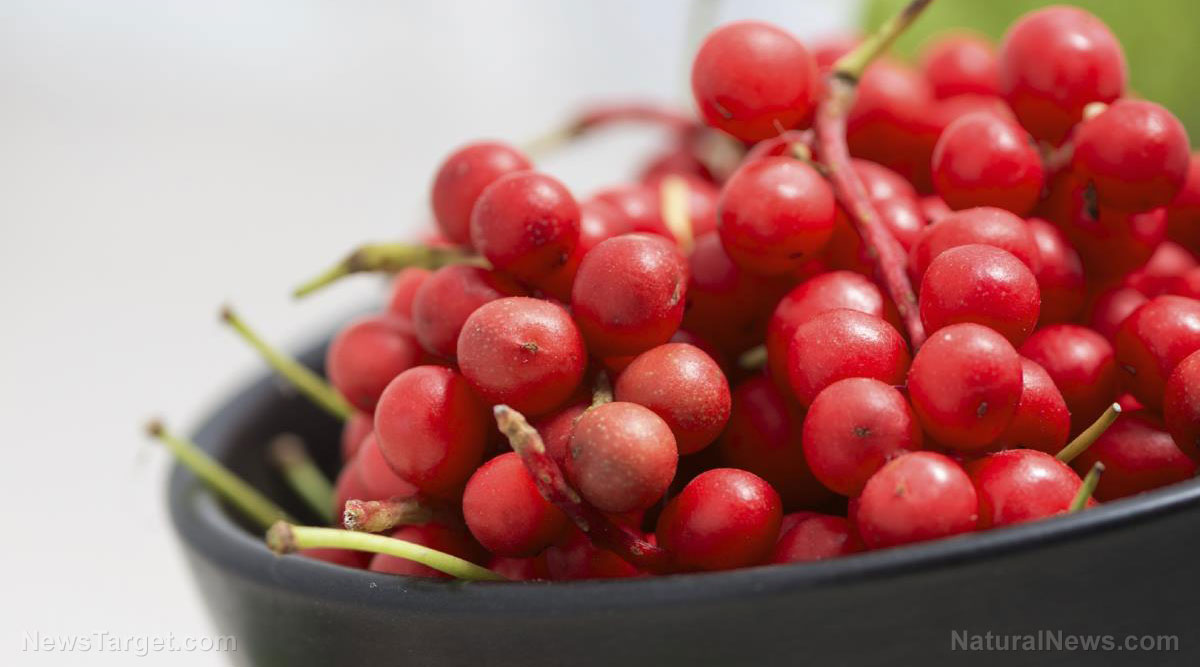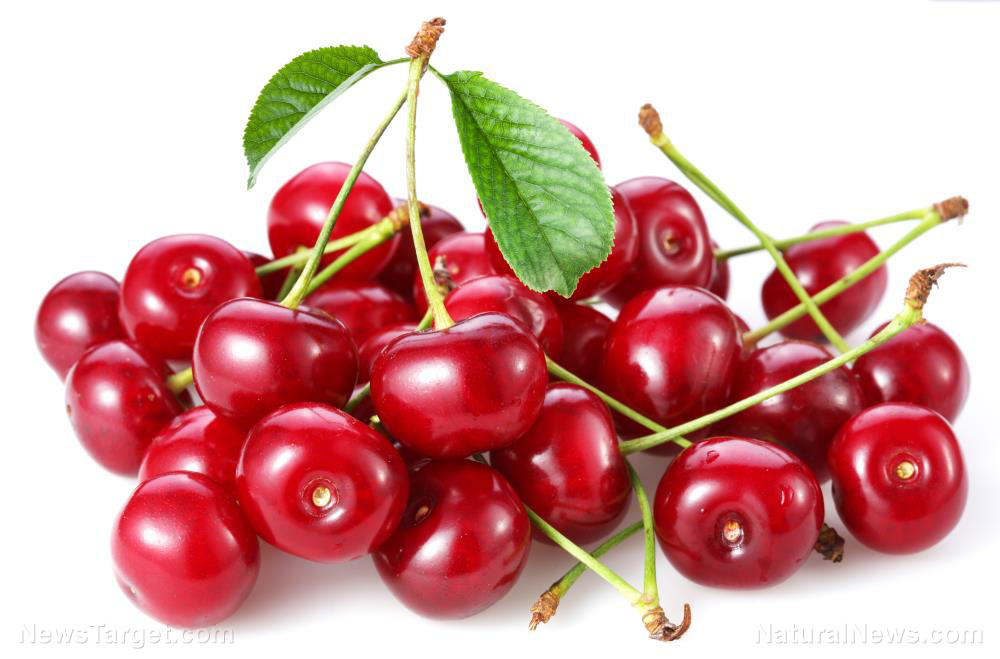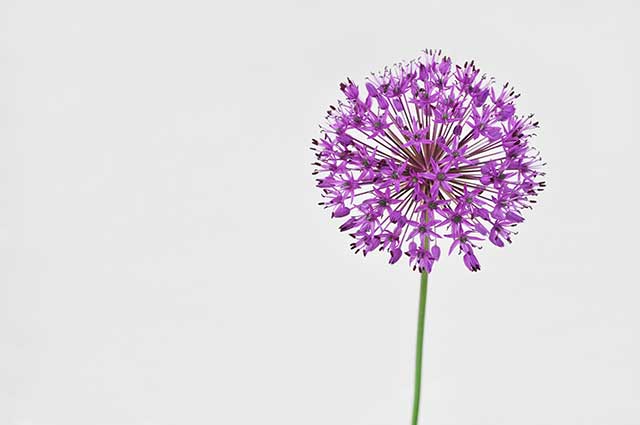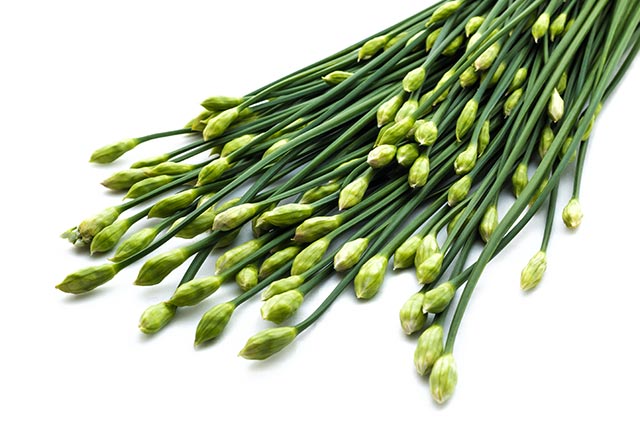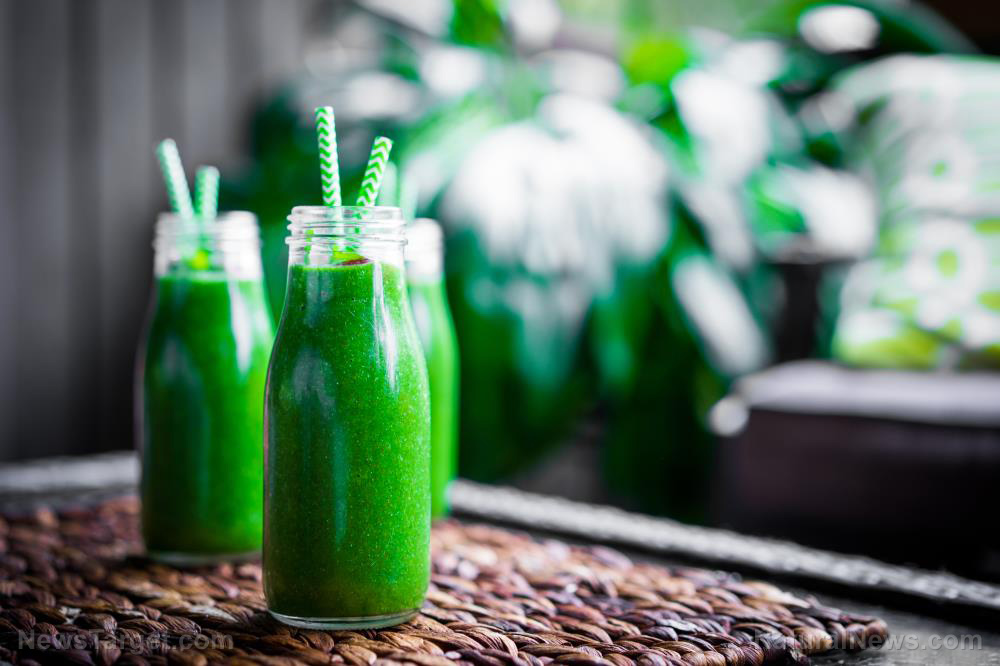Study: Consuming Aronia berries boosts heart health and improves cholesterol levels
03/02/2020 / By Darnel Fernandez
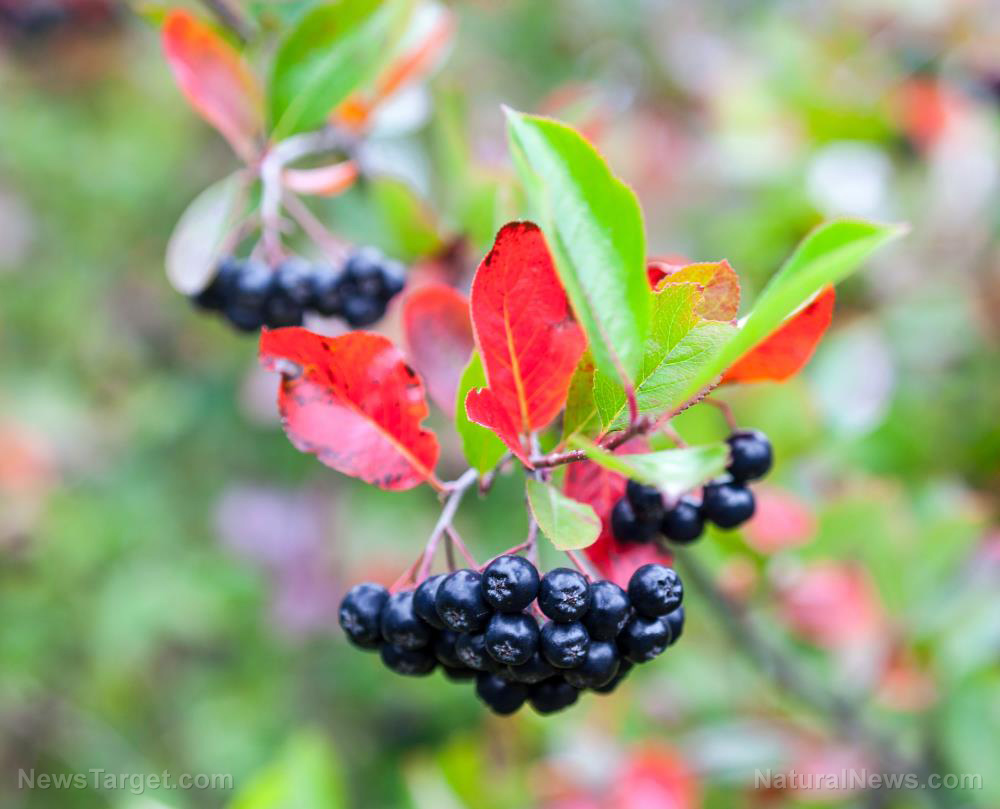
Cholesterol is a fatty substance found in certain foods and created by the liver. While the body needs some cholesterol to maintain proper function, too much of the bad type of cholesterol — also known as low-density lipoprotein (LDL) cholesterol — may lead to some drastic consequences. This substance can build up in blood vessel walls and cause blockage, reducing blood flow to the heart.
According to the Centers for Disease Control and Prevention (CDC), having very high cholesterol levels can significantly increase your risk of developing heart disease, the leading cause of death in the United States. Now, recent research suggests that consuming Aronia berries can help with cholesterol management.
A study published in the journal Phytotherapy Research found that Aronia berry consumption was associated with higher levels of “good ” or high-density lipoprotein (HDL) cholesterol and much lower levels of LDL and total cholesterol.
“The results of the current meta-analysis study highlight that Aronia supplementation may lead to a significant increase in HDL, and reduction in total cholesterol and LDL, respectively, and thus, is of contemporary, clinical interest,” the researchers wrote. “This information may be operationalized by health care providers and clinicians seeking complementary therapy for their patients.”
Aronia for heart health
Aronia is a small shrub of the Rosaceae family that is native to North America but can be found growing in other parts of the world, including Eastern Europe. Also known as chokeberries, the fruits of this shrub are famous for their mouth-drying effect. Previous studies suggest that eating Aronia berry extract for two months managed to decrease blood pressure, LDL cholesterol, total cholesterol and total triglyceride. Aronia berries were also observed to increase antioxidant enzyme activity in adults suffering from metabolic syndrome.
For the new review, researchers from the U.K., Iran, India, Nigeria and China collaborated to systematically review and analyze the effects of Aronia consumption on lipid profiles, blood pressure and other biomarkers of inflammation. To do so, the researchers searched various online databases, including PubMed/MEDLINE, Cochrane and SCOPUS. They then zeroed in on seven studies that used a different doses of Aronia berries. The doses ranged from 100 milliliters per day for juices to even 255 milligrams per day for supplements.
After pooling all the data, the research team found that Aronia consumption can significantly increase HDL cholesterol but had no effect on systolic blood pressure. When researchers looked into studies with follow-up periods shorter than 10 weeks, they observed that eating Aronia can reduce both total and LDL cholesterol levels.
“This review facilitates clinicians, and other key stakeholders, on understanding the importance of natural food supplements, which may be conducive to the positive treatment of individuals suffering with non-communicable disease,” the researchers wrote. “It is imperative that future studies place importance upon well-constructed methodology and study design, the source and type of Aronia, the mode of transportation and the utilization of standardized outcome variables.”
Other health benefits of Aronia
Aronia berries can do so much more than just support your heart health. Below you can find a list of ways eating more of these berries could benefit your health.
- Aronia berries contain powerful antioxidants. These berries are chockful of potent antioxidants called polyphenols that defend your cells from the damage caused by free radicals. These free radicals can trigger oxidative stress, which can lead to various chronic diseases like cancer and heart disease. (Related: Aronia berries: North American fruits bursting with antioxidants.)
- Aronia berries boosts the immune system. Aronia berries also have the capability of boosting your immune system. A study published in the journal Molecules found that these berries have strong anti-microbial activity against certain bacteria like Escherichia coli and Bacillus cereus.
The path to good health is always cumulative. The earlier you start making positive lifestyle changes, the better off you can be as you grow older. Eat more Aronia berries to enjoy regulated cholesterol levels among other fantastic health benefits. Visit Superfoods.news for more stories on foods that are healthy powerhouses.
Sources include:
Tagged Under: alternative medicine, anti-microbial, antioxidant, Aronia berries, Chokeberries, cholesterol, food cures, food is medicine, functional food, heart disease, heart health, natural cures, natural medicine, phytonutrients
RECENT NEWS & ARTICLES
FoodCures.News is a fact-based public education website published by Food Cures News Features, LLC.
All content copyright © 2018 by Food Cures News Features, LLC.
Contact Us with Tips or Corrections
All trademarks, registered trademarks and servicemarks mentioned on this site are the property of their respective owners.




